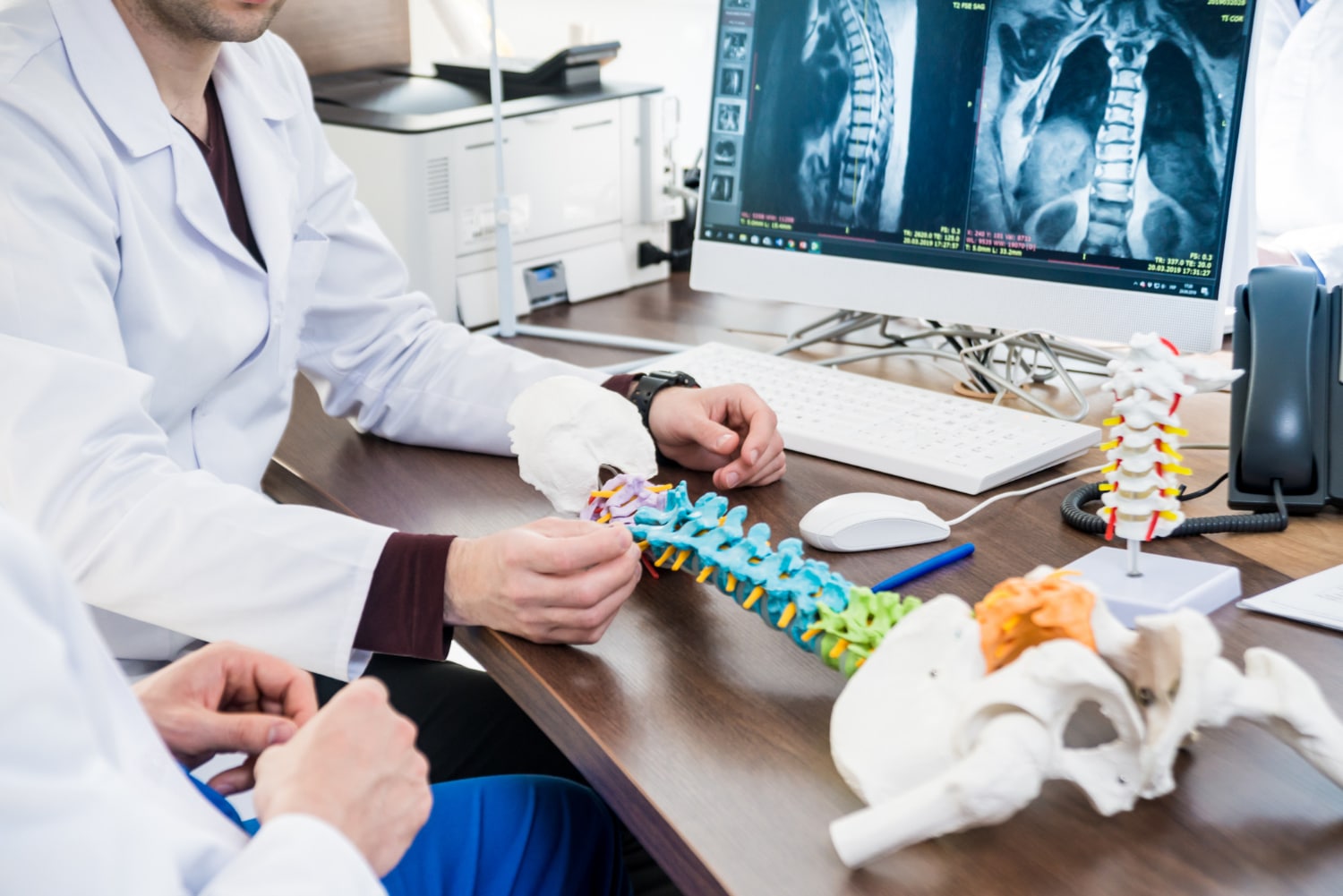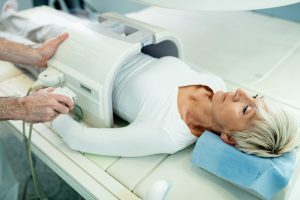Bone density testing is a significant medical process that is helpful in assessing the potency and health of your bones. Here, we will help you discover everything you need to know about bone density testing, why it is crucial, and how it can be helpful for your overall well-being.
Who Needs to Opt for a Bone Density Test?
People with a higher risk for osteoporosis or bone-related disorders, like postmenopausal men, women over 50 with risk factors, individuals with a genetic background of osteoporosis, and people taking certain medications that can weaken bones, should consider opting for bone density testing. A professional healthcare provider can assist in figuring out who can benefit from this test.
Bone Density Testing
Importance of Bone Density Testing: Bone density testing is highly significant for all the right reasons. It offers great help in the early diagnosis of osteoporosis, a disorder where bones become frail and fragile; bones become more prone to get fractured. By this early detection, you can take specific measures to avoid fractures and sustain your quality of life. This test is specifically recommended for postmenopausal women and older men, who are more at risk of bone loss.
Who Should Get Tested: In case you are at risk for osteoporosis, your healthcare provider will suggest bone density testing. It includes people with a genetic history of this disorder, smokers who excessively smoke, people who consume alcohol, or individuals who pursue an inactive lifestyle.
How the Test Works: During a bone density test, you will place yourself on a particular table, and an apparatus called a dual-energy X-ray absorptiometry (DXA) scanner will measure the density of your bones. It generally targets your hip and spine, as they are the most common sites for fractures due to osteoporosis. The test is effortless, easy, non-invasive, and hardly takes a few minutes.
Preparing for the Test: No detailed preparation is needed for a bone density test. If you are pregnant, inform your doctor about it, as you can undergo this test during pregnancy. Secondly, discontinue consuming calcium supplements 24 hours ahead of the test, as it can impact the results.
Understanding the Results: The outcomes of the bone density test are shown in the form of a T-score. A T-score of -1 and beyond is considered normal. A T-score between -1 and -2.5 indicates low bone mass, and a score of 2.5 or lower signifies osteoporosis. Your doctor will infer the results and discuss them with you. Depending on your T-score, they will deliver critical insights about treatments or everyday changes.
Treatment and Prevention: If your bone density test shows lower bone mass or osteoporosis, you can avail of several treatment options. It may comprise medications to support and strengthen bones, dietary adjustments, and regular load-bearing exercise. By pursuing your doctor’s recommendations, you will be able to avoid further bone loss and decrease the risk of fractures.
Frequency of Testing: The frequency of bone density testing relies on your personal risk factors and previous test results. Your doctor will advise on how often you should have the test. In many cases, it is recommended every one to two years.
Bone density testing is a painless yet important tool to evaluate bone health and spot osteoporosis in its premature stages. By experiencing this test and pursuing your doctor’s advice, you must take proactive steps to preserve stronger and healthier bones, curtail the risk of fractures, and maintain your overall health. Feel free to talk about bone density testing with your healthcare provider if you have the slightest feeling that you may be at risk for osteoporosis. Save your future and opt for the test!





